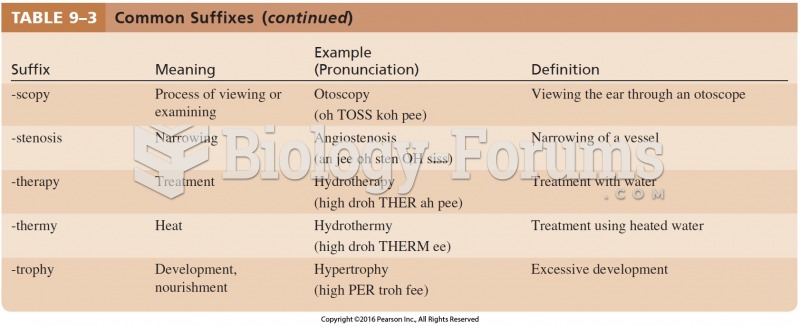Answer to Question 1
Three theoriespsychodynam ic, behavioral, and biologicalhave been suggested to account for the development of a paraphilia:
- Psychodynamic theories of human nature rest on the basic psychoanalytic ideas of Sigmund Freud, who contended that all dysfunctional or problematic behaviors in adulthood, sexual or otherwise, are caused by traumatic events that occurred in early childhood. The fundamental assumption here is that major developmental traumas or conflicts you may have encountered during your early formative years, from birth through about age 10, have been repressed into your unconscious in order to protect you from their disturbing nature. Because you repressed them into your unconscious, you are even now totally unaware that those conflicts exist. However, later, in adulthood, the theory maintains, those repressed traumas may exert powerful forces on your behavior and cause you to engage in socially unacceptable behaviors as your unconscious tries to resolve the tension they create.
- The behavioral approach to explaining the origins of paraphilias rests on the various components of classical and operant conditioning. If you have studied these learning theories in other psychology classes, you'll recall that in classical conditioning, a response to a particular stimulus is learned (or conditioned) when that stimulus is paired in the brain with another event that naturally produces a particular response.
- Biological theories of paraphilias derive from the assumption that something physiological has malfunctioned and is leading to the person's strange and compulsive behaviors. These theories focus primarily on imbalances in two biochemical systems: hormones and neurotransmitters. The hormone hypothesis suggests that compulsive sexual behavior may be related to an overproduction of male hormones, mainly testosterone, but other hormones, such as epinephrine (adrenaline) and norepinephrine, have been implicated as well. The neurotransmitter serotonin, which is known to be involved in various psychological disorders, especially depression, anxiety, and obsessive-compulsive disorder (OCD), has been connected to paraphilias as well.
Answer to Question 2
Answer: D







